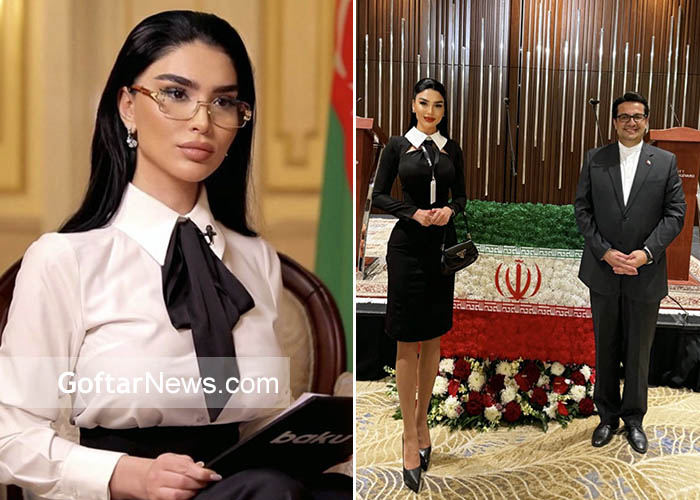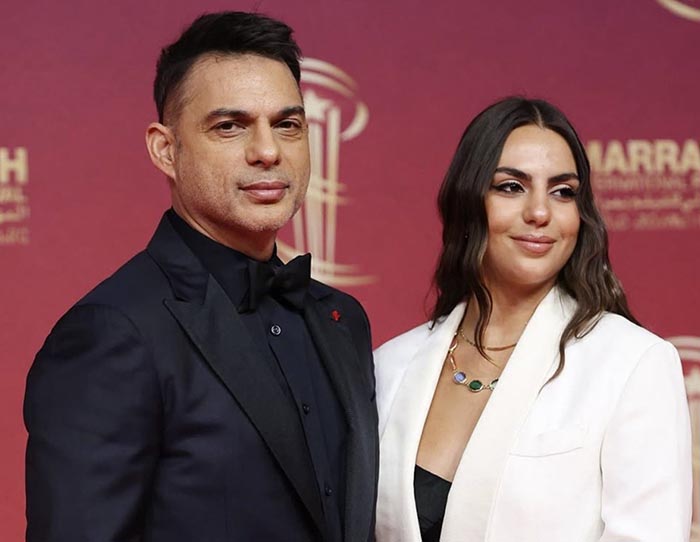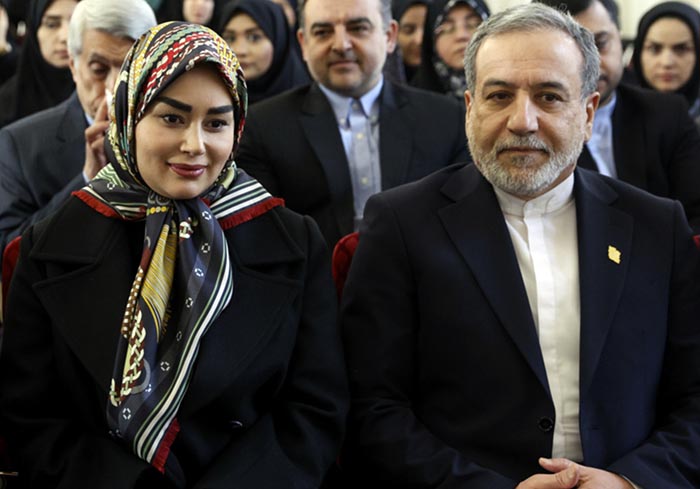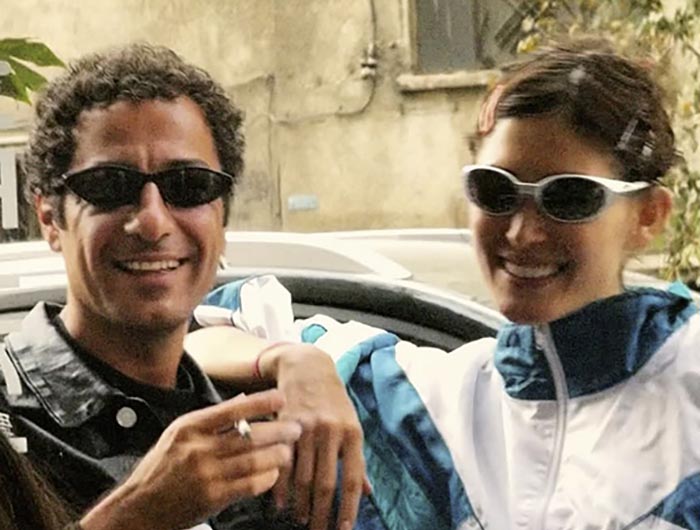12 Revelations: Diplomatic Clash, Abbas Mousavi’s Replacement, and Sevinj Gulmammadova’s Role
Introduction
In the aftermath of the incident involving Abbas Mousavi and Sevinj Gulmammadova, tension simmered within diplomatic circles and media outlets. This controversy sparked off a debate on journalistic ethics, cultural sensitivities, and the larger implications for bilateral relations between Iran and Azerbaijan.
Within Iran, the incident ignited a flurry of reactions from different factions of society. Hardliners like those associated with the IRGC condemned Abbas Mousavi’s conduct in relation to this matter. They considered his apparent violation of Islamic customs and protocols within embassy premises an insult to Iran’s dignity and sovereignty. Calls for Mousavi’s resignation reverberated through conservative media channels, with accountability demands being made against those who let diplomacy down in this case.
On the other hand, some voices from Iran were more moderate, urging against overreaction but cautioning that measured responses are equally important. They emphasized the importance of maintaining open lines of communication between Azerbaijan and Iran to prevent unnecessary escalation of hostilities. Some argued that diplomatic ties could not be severed over isolated events like these, especially when they involve friendly nations while complying with cultural norms around religion.
In Azerbaijan, discussions concerning the country’s relationship with Iran as well as the significance of respect for one another took place during diplomatic meetings. Azeris were generally disappointed by the incident but also acknowledged possibilities for addressing cultural differences in a sensitive manner. Some analysts interpreted this incident to mean how difficult it can be to manage diplomatic relations amidst the diverse cultural or religious backgrounds common in such a region.
Iran-Azerbaijan relations remained committed at the government level to preserving their broader framework of bilateral cooperation. The officialdom from both countries tried to play down its importance, stressing deep-rooted ties and shared interests that developed over time underpinning these relations instead. Looking at different areas that brought them together, such as trade deals, energy partnerships, or counter-terrorist actions, all efforts were made towards minimizing conflicts, which may overshadow these achievements.
That event was a reminder of the challenges attached to diplomatic engagements, even more so in regions characterized by historical, cultural, and geopolitical complexities. It demonstrated that effective communication, mutual respect, and an appreciation of each other’s perspectives are critical for navigating the intricacies of global politics.
At the end of his tenure as Iran’s ambassador to Azerbaijan, the attention shifted towards finding a successor for him with a view to engaging in renewed talks between these two countries. Rebuilding confidence and addressing the consequences of the events involving Sevinj Gulmammadova would be the task of the next appointed ambassador. In order to steer Iran-Azerbaijan relations along a path marked by stability, cooperation, and mutual trust in the future, their diplomatic efforts would have been significant.
March 29, 2024 | 10:21 pm




